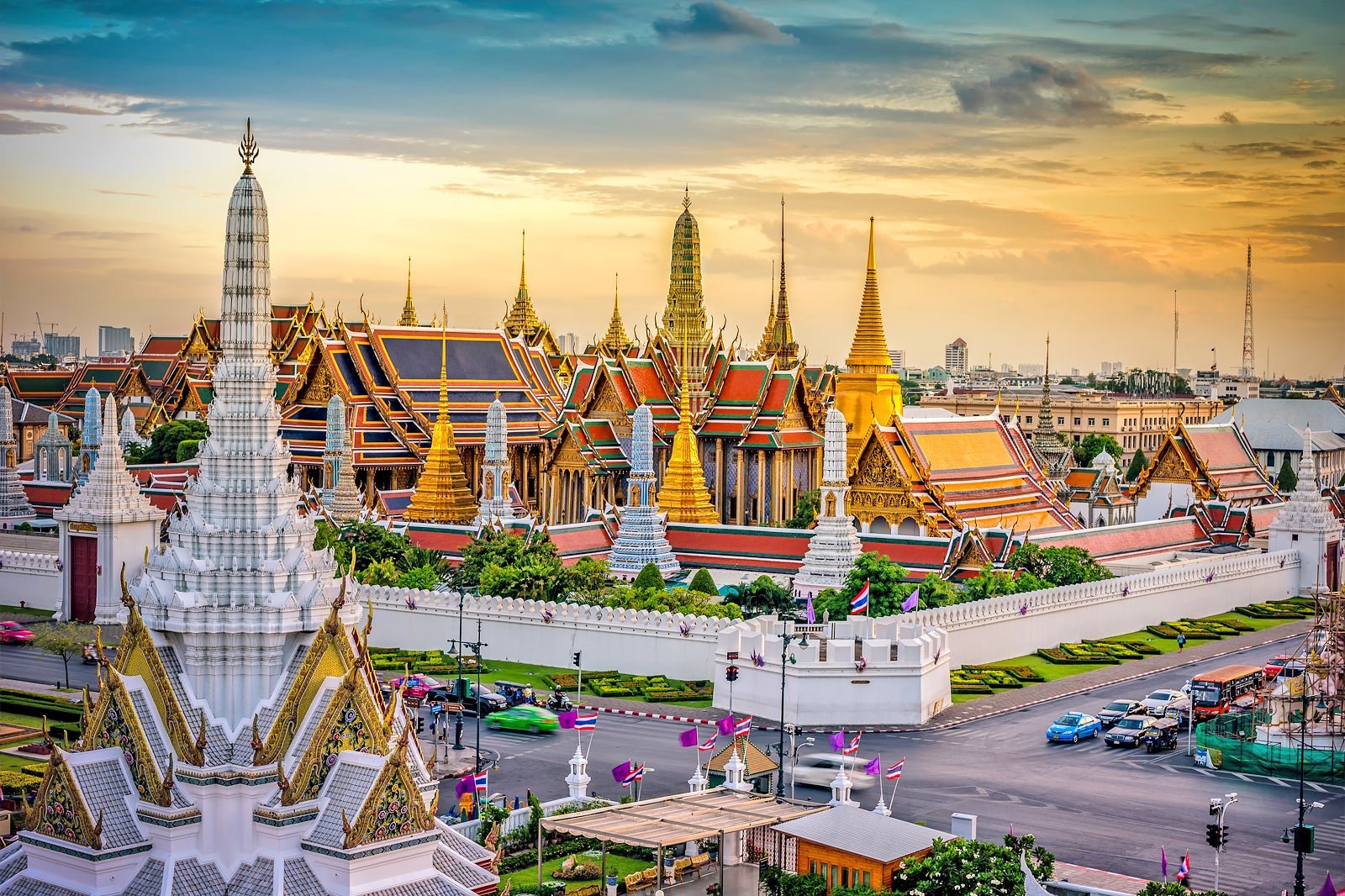Posted on: August 25, 2022, 07:22h.
Last updated on: August 25, 2022, 10:35h.
Thailand is closer than ever to allowing legal casinos. While it expects massive revenue from the market, the reaction from some in the gaming industry shows less optimism.

Should the final recommendations of a government committee exploring the possibility of casinos be put into action, there could be up to five venues to start. The details are now under review by the House of Representatives, but still need approval by other government bodies.
Previously, there was talk that Las Vegas Sands and MGM Resorts International may be interested in a Thai casino. However, that may not be enough, and Paul Bromberg of Spectrum Gaming Group doesn’t believe many international operators will jump on the chance to join the market.
Final Regulations Will Determine Future
Bromberg, an expert on Asian gaming, presented his thoughts during a panel in G2E Asia: Singapore, which opened yesterday and runs through Friday. During a discussion on Thailand’s gaming future, he expressed doubt over the potential regulatory framework that may develop.
International operators expect a certain level of regulatory control in a country in order to consider making a large investment, he explained. However, citing Thailand’s recent legalization of marijuana, Bromberg doesn’t believe the country is ready.
Clearly, Thailand needs to find more money, more revenue for the tourism industry. But the bottom line is they are not very good at planning ahead for the long term,” said Spectrum Gaming Group Senior VP Asia Paul Bromberg.
Bromberg was referring to Thailand’s legalization of recreational marijuana. When lawmakers first started discussing the matter, the goal was to approve medical marijuana only. However, by the time the measure became law, virtually any type of consumption was allowed.
This, according to Bromberg, is a clear example of the Thai government not being able to properly formulate certain regulations. However, on the other hand, perhaps they knew what they were doing.
Recreational marijuana, despite resistance, is becoming increasingly acceptable across the US (19 states now have legal recreational use), Canada, Germany and other countries. The trend is likely to continue, and maybe Thailand only wanted to get in front of the issue.
Thailand legalized medical cannabis in 2018. This year, lawmakers approved a new law that removed it from a list of banned substances. As a result, the country effectively legalized recreational use.
The struggle to shape the cannabis laws continue and there is inarguably a lot of chaos. At the same time, introducing new activity anywhere almost always leads to a disruptive period of transition. However, the country’s legal cannabis market could reach $1.2 billion by 2025, offering significant gains for the country.
That’s a significant gain for the country, the first in Asia to legalize cannabis. But the casino industry could also bring substantial revenue to Thailand, regardless of the final regulatory framework.
While Bromberg wants to see what type of gaming regulations Thailand produces, he is confident that casinos are coming one way or another. He believes that launches could occur before Japan gets its integrated resort (IR) market up and running.
Point, Counter-Point
Hard Rock International’s SVP for Development, Daniel Cheng, has a slightly different take on the future of Thai casino gambling. He, too, is confident that the country will embrace casinos, and believes that international operators are enthusiastic about the possibility.
Like Bromberg, Cheng cautioned that operators would want to see what happens with the final implementation. He’s optimistic the government can create legislation worthy of appeasing operators that need to comply with certain foreign investment rules. After that, however, the opening of the market will be the real determination of operators’ interest.
MGM weighed in on the future of Thai operations as well. MGM President Global Development Ed Bowers reaffirmed that the company has interest in Thailand, but made it clear that it only wants one location. If it can’t have a property in Bangkok, it doesn’t want to participate.
